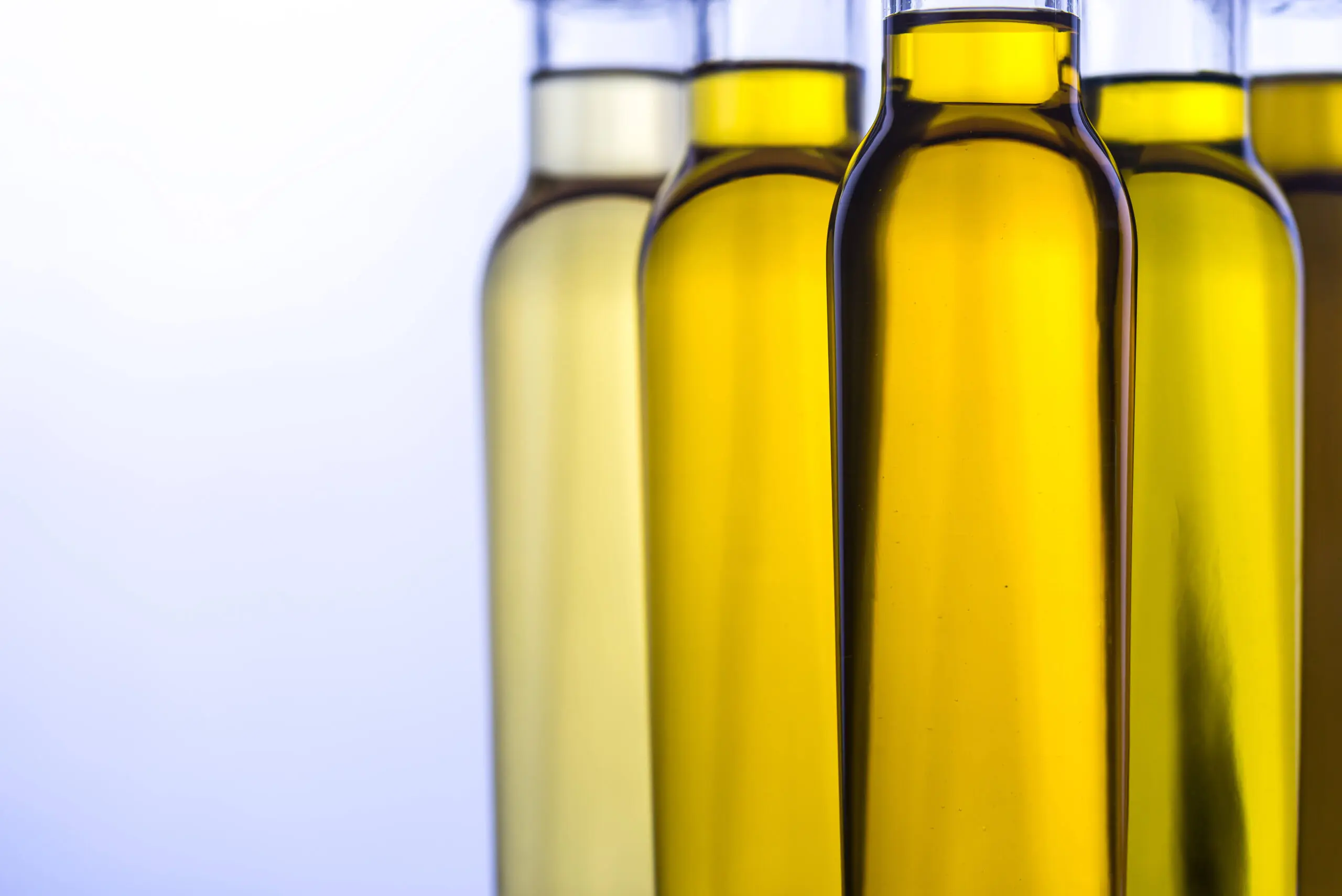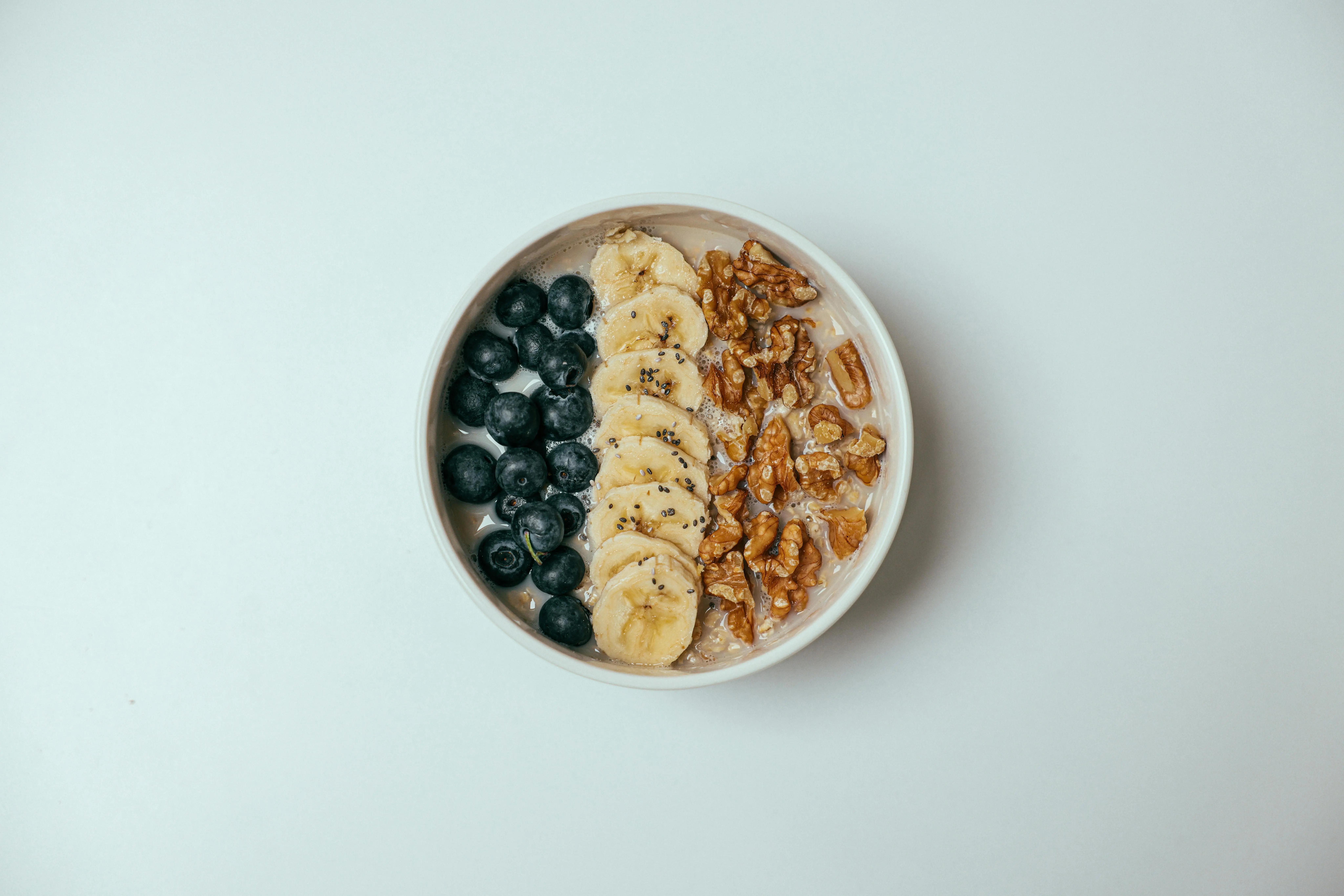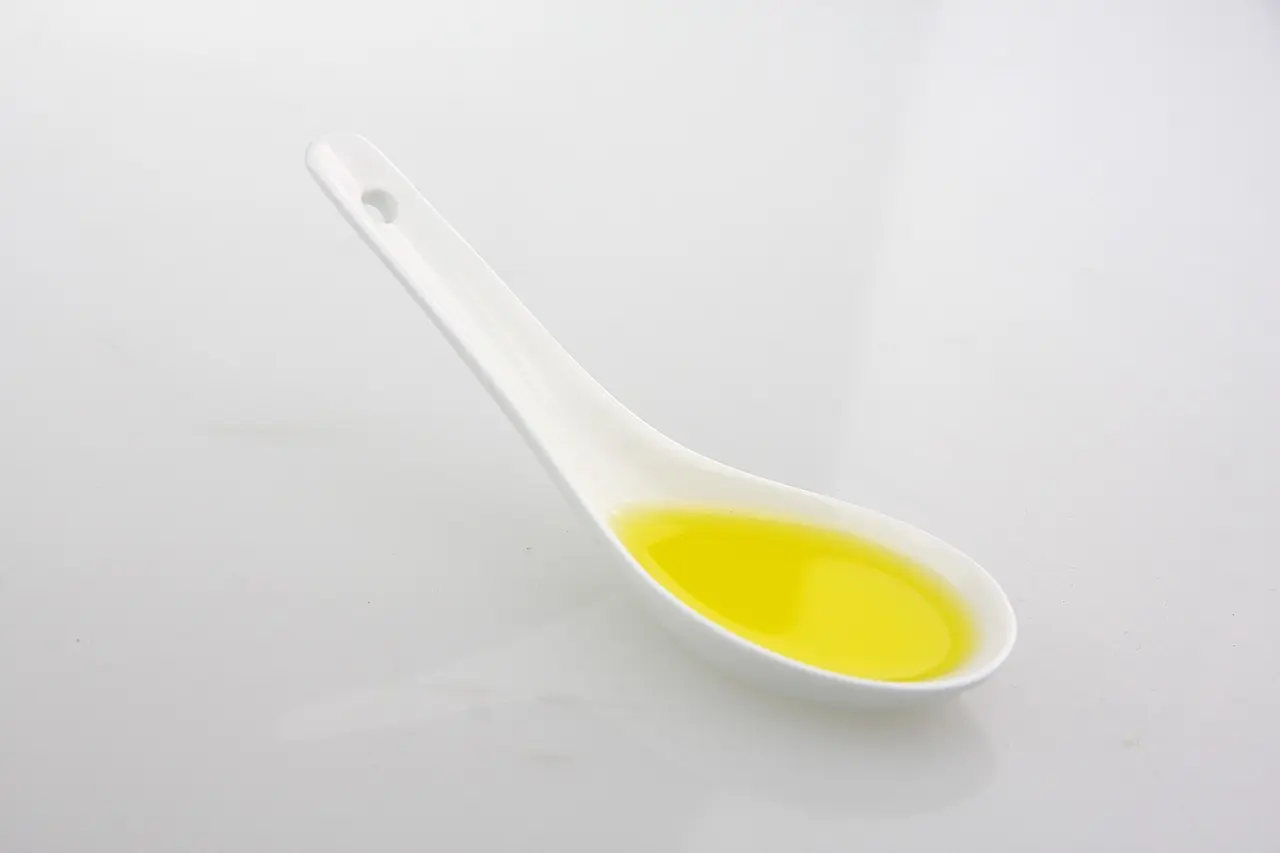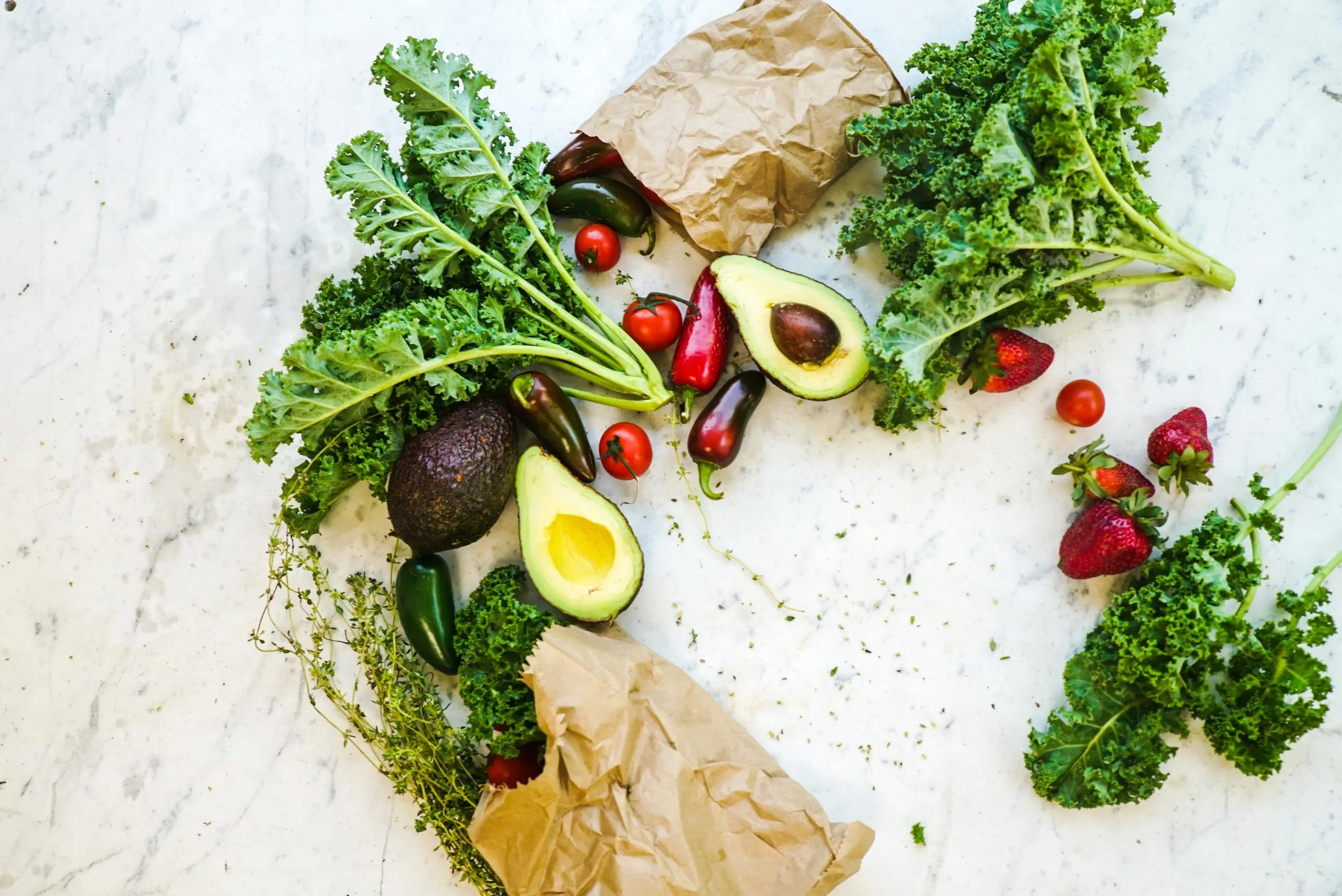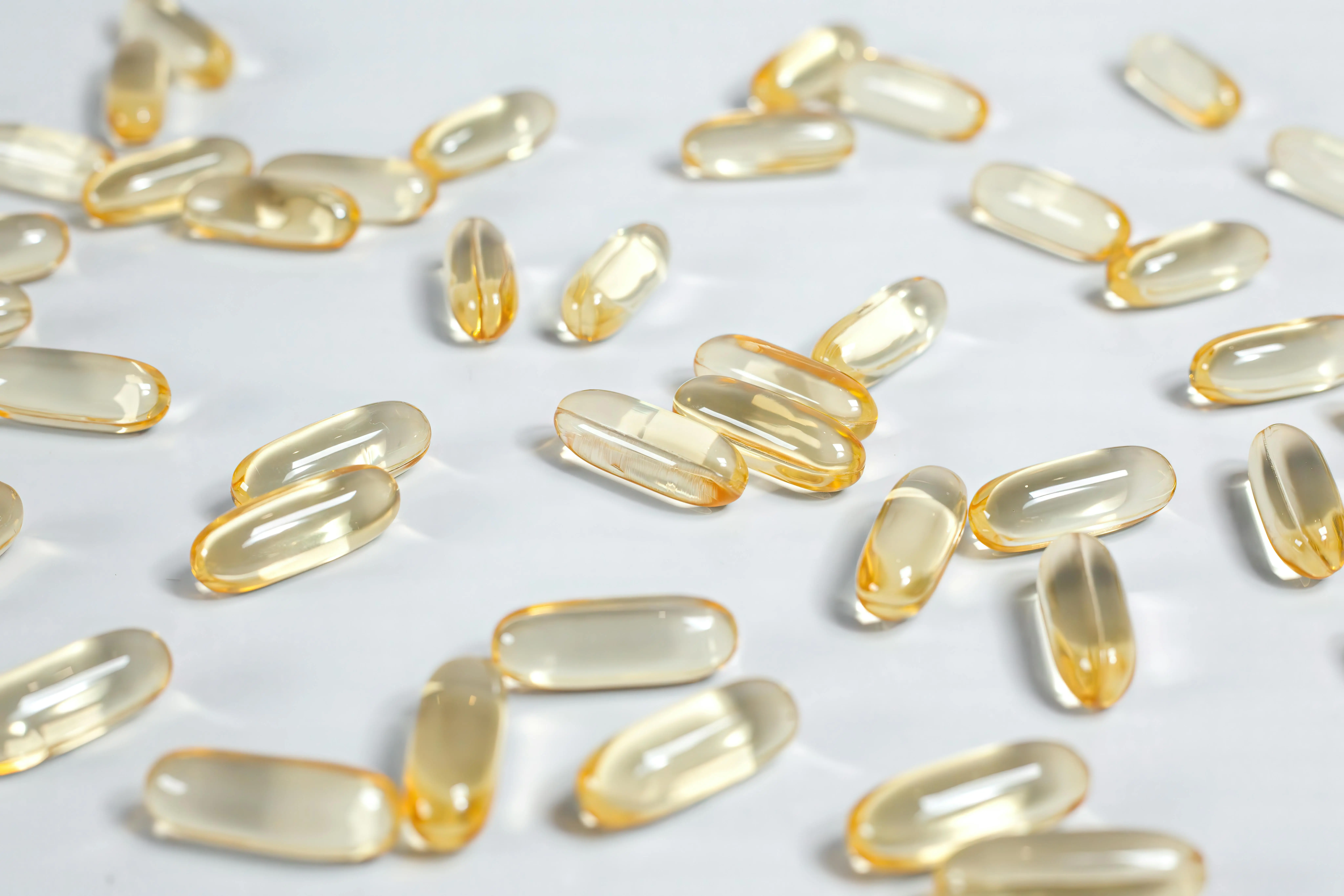Oils and fats suffer from an image problem. Fat damages the vessels and the heart, it is said. Therefore, a diet as low in fat as possible is often recommended. However, oils are much better – and more important – than their reputation.
Our body needs them to absorb the fat-soluble vitamins A, D, E, and K, as well as beta-carotene Since they consist of different fatty acids – namely saturated, monounsaturated, and polyunsaturated fatty acids – and certain fatty acids are more valuable to the body than others, a distinction is often made between good and bad fats, between healthy and unhealthy oils.
How do healthy oils affect the body?
Some unsaturated fatty acids are essential, meaning the body cannot produce them itself and must obtain them through food. These include the omega-3 fatty acid alpha-linolenic acid and the omega-6 fatty acid linoleic acid.
Omega-3 fatty acids also serve as a precursor for eicosanoids, which significantly reduce the risk of cardiovascular diseases. In general, unsaturated fatty acids as good fat.
Saturated fatty acids, on the other hand, are referred to as bad fats because excessive consumption can raise cholesterol levels, cause vascular calcification, and promote cardiovascular diseases.
What often goes unmentioned, however, is that these saturated fatty acids work very actively in the body as messengers and are therefore also important for our nervous system, .
which is why it is recommended to reduce their intake but not to avoid them entirely. Rule of thumb: One part animal fats (many saturated fatty acids) and three parts vegetable fats (high in unsaturated fatty acids) to balance the diet accordingly.
By the way, fats are also useful for staying slim: the body processes them together with proteins more slowly than carbohydrates, which contributes to a better feeling of satiety after a meal. And last but not least: oils or fats act as flavor boosters - with them everything just tastes better.
Basically, cooking oils are distinguished by their manufacturing process. And this in turn affects their use in the kitchen.
Cold-pressed oils or rather refined oils?
Native, cold-pressed oils are produced in a particularly gentle way. This not only preserves the typical taste as best as possible, but also valuable vitamins and secondary plant compounds.
Important: Cold-pressed oils should not be heated as they have a low smoke point and and secondary plant compounds can otherwise be lost and harmful trans-fatty acids can form. Cold-pressed oils are therefore excellent for cold dishes, for example in salad dressings or smoothies.
